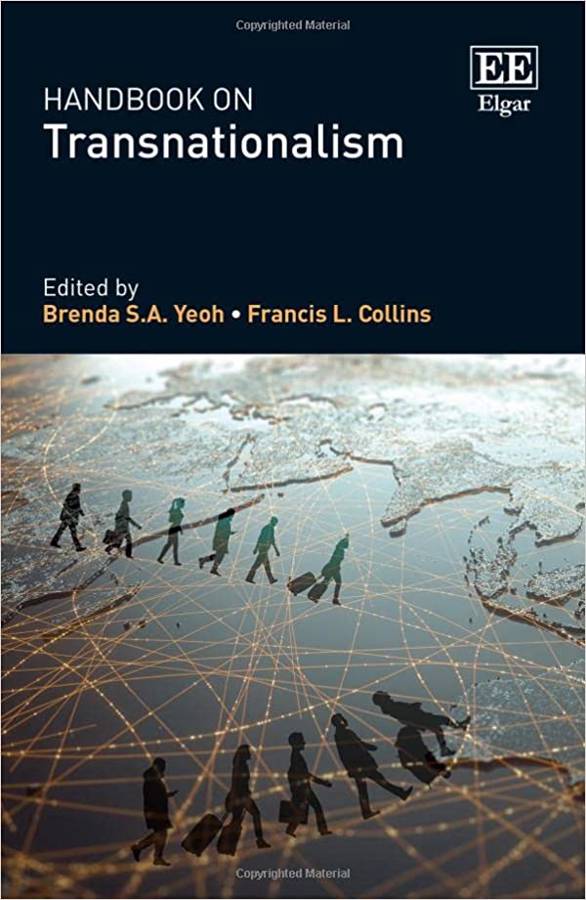
The new Handbook on Transnationalism, edited by Brenda S.A. Yeoh and Francis L. Collins and published by Elgar, includes a chapter by PRIO Research Professor Marta Bivand Erdal, entitled "Migrant transnationalism, remittances and development".
This chapter addresses the question: how do remittances as a transnational practice, intersect with development?
While there is little doubt that remittances contribute to improved living conditions for millions of families around the world, the relationship between remittances, migration and development is complex. The chapter thus reflects on the crucial connection between remittances and the migration-development nexus, considering remittances set within the context of migrant transnationalism. Remittance transaction costs matter greatly, and the subsequent section explains why.
The chapter considers seven ways in which migrants - through their transnational practices - might engage in development in places of origin: Remittances as private transfers; Social remittances; Return migration; Gender and remittances; Collective remittances and diaspora development engagements; Transnational political engagement and 'political remittances'; and How religion matters - illustrating how remittances are integral to migrant transnationalism, since economic exchanges are inevitably social by nature.
The handbook overall seeks to provide a critical overview of transnationalism as a concept, looking at its growing influence in an era of high-speed, globalised interconnectivity. It offers crucial insights on how approaches to transnationalism have altered how we think about social life from the family to the nation-state, whilst also challenging the predominance of methodologically nationalist analyses.





